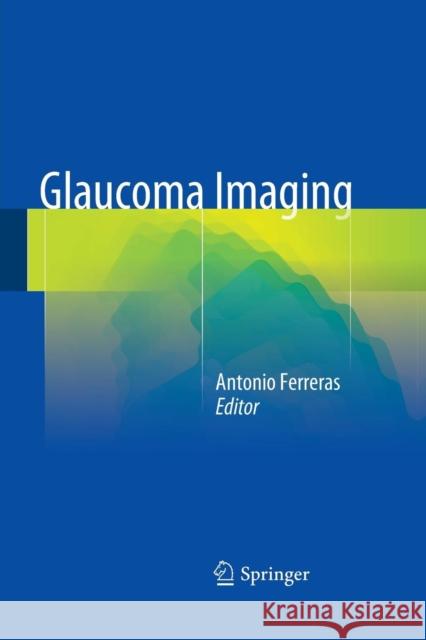Glaucoma Imaging » książka
topmenu
Glaucoma Imaging
ISBN-13: 9783319365633 / Angielski / Miękka / 2016 / 328 str.
Kategorie BISAC:
Wydawca:
Springer
Język:
Angielski
ISBN-13:
9783319365633
Rok wydania:
2016
Wydanie:
Softcover Repri
Ilość stron:
328
Waga:
0.47 kg
Wymiary:
23.39 x 15.6 x 1.78
Oprawa:
Miękka
Wolumenów:
01
Dodatkowe informacje:
Wydanie ilustrowane











